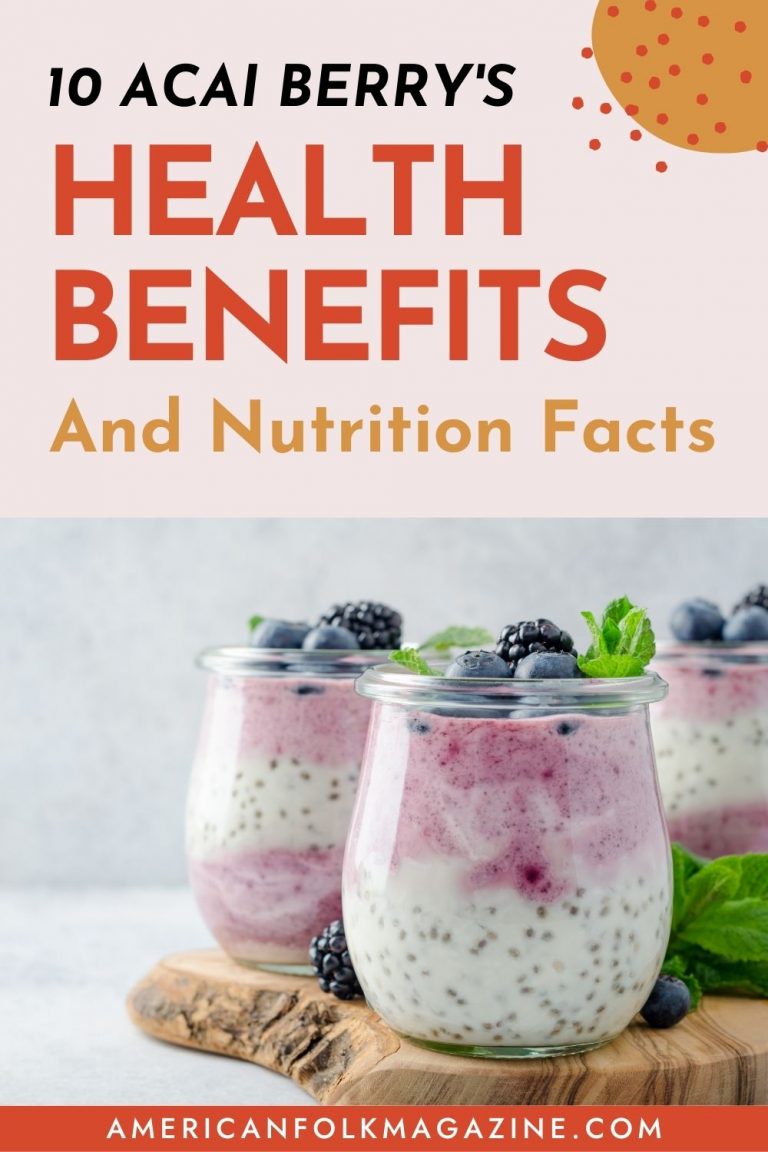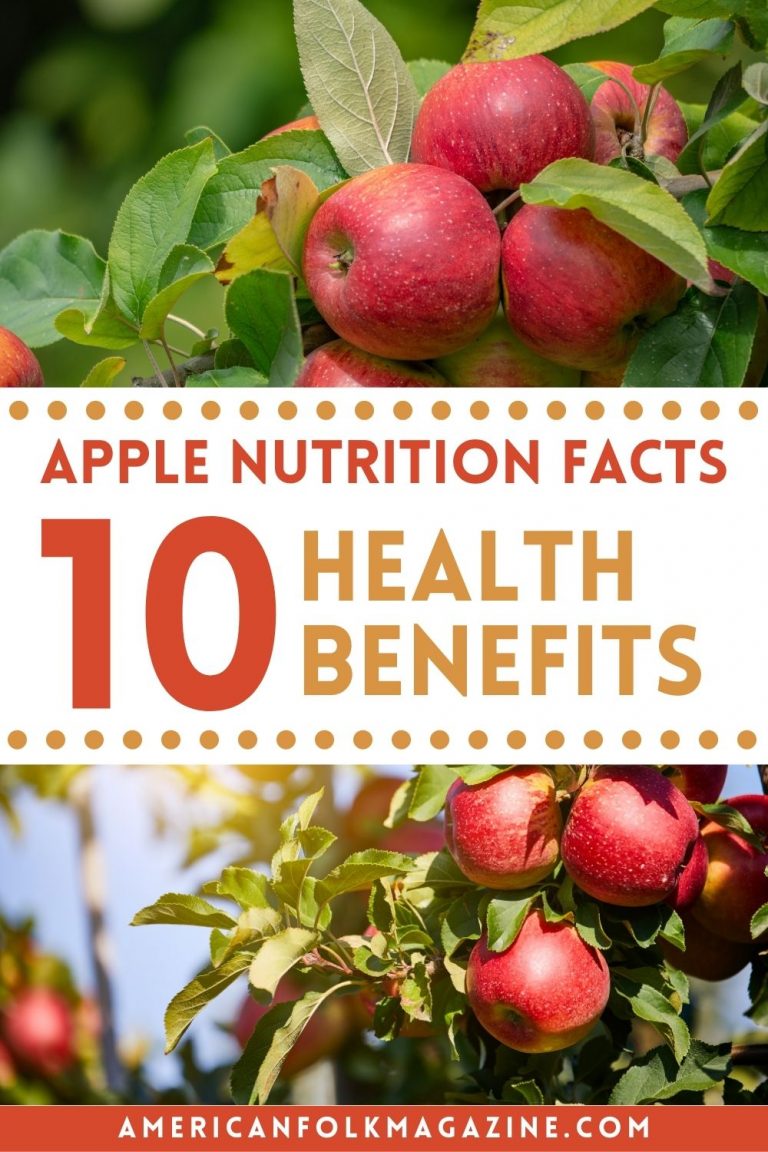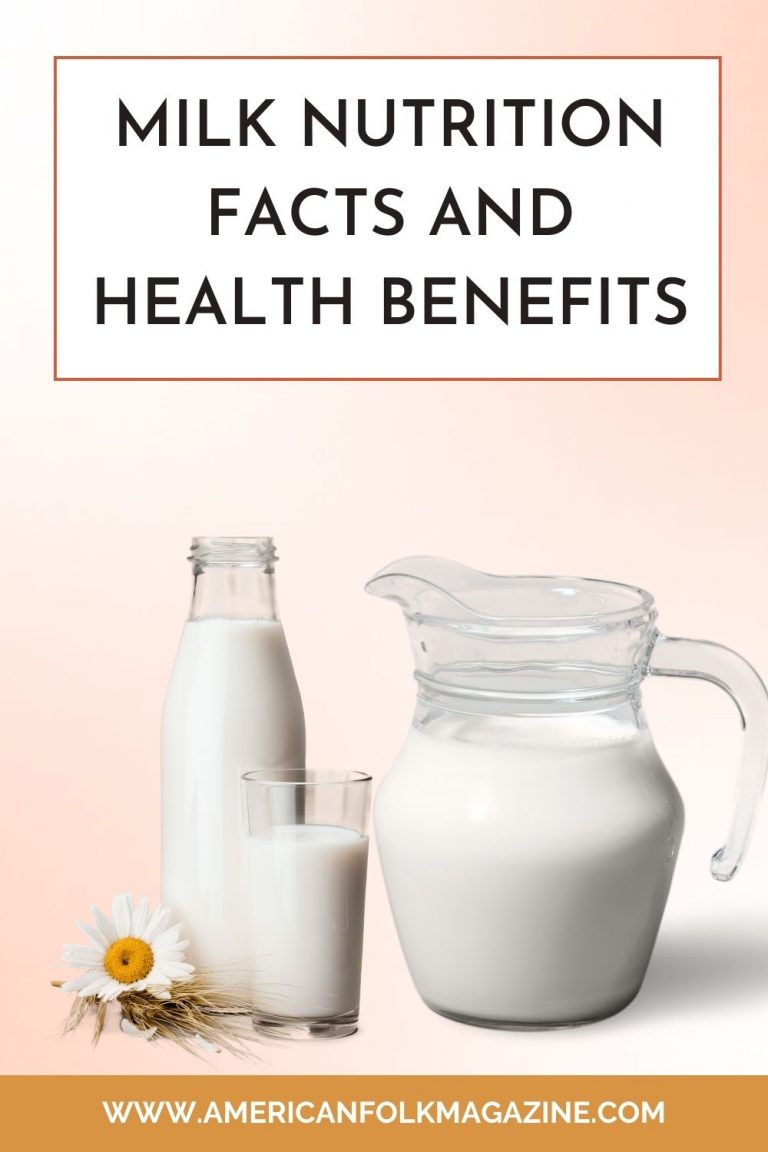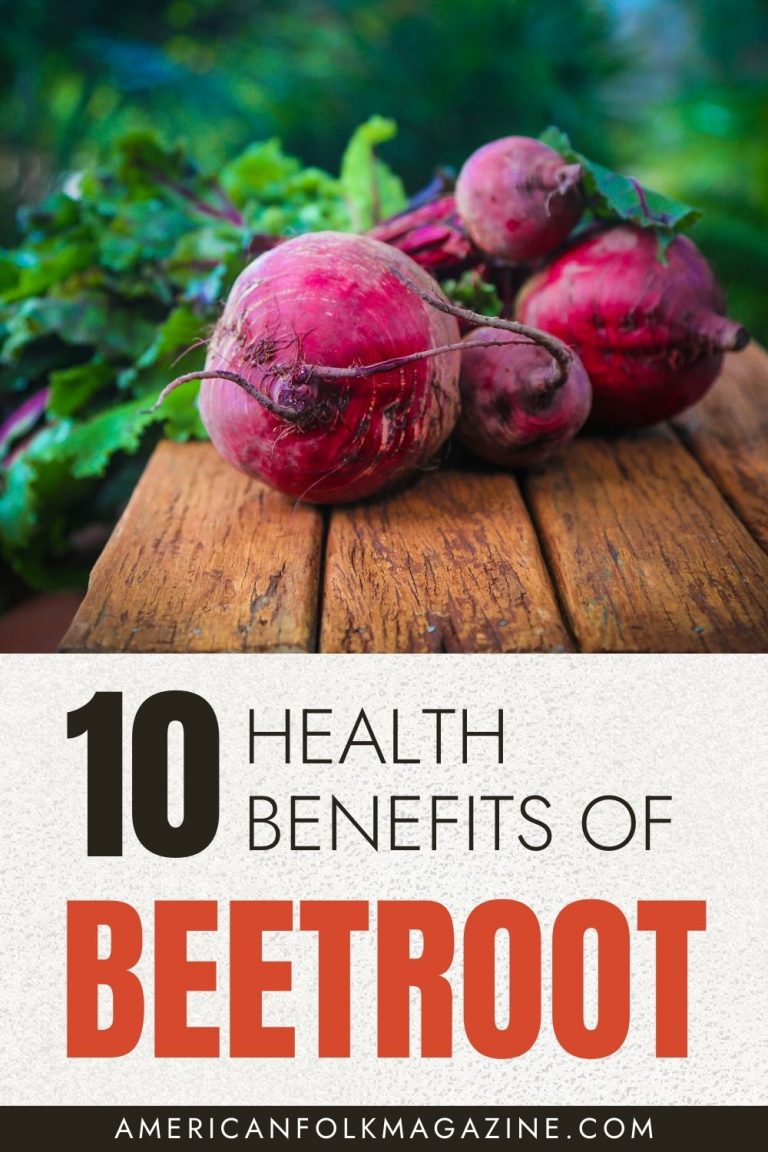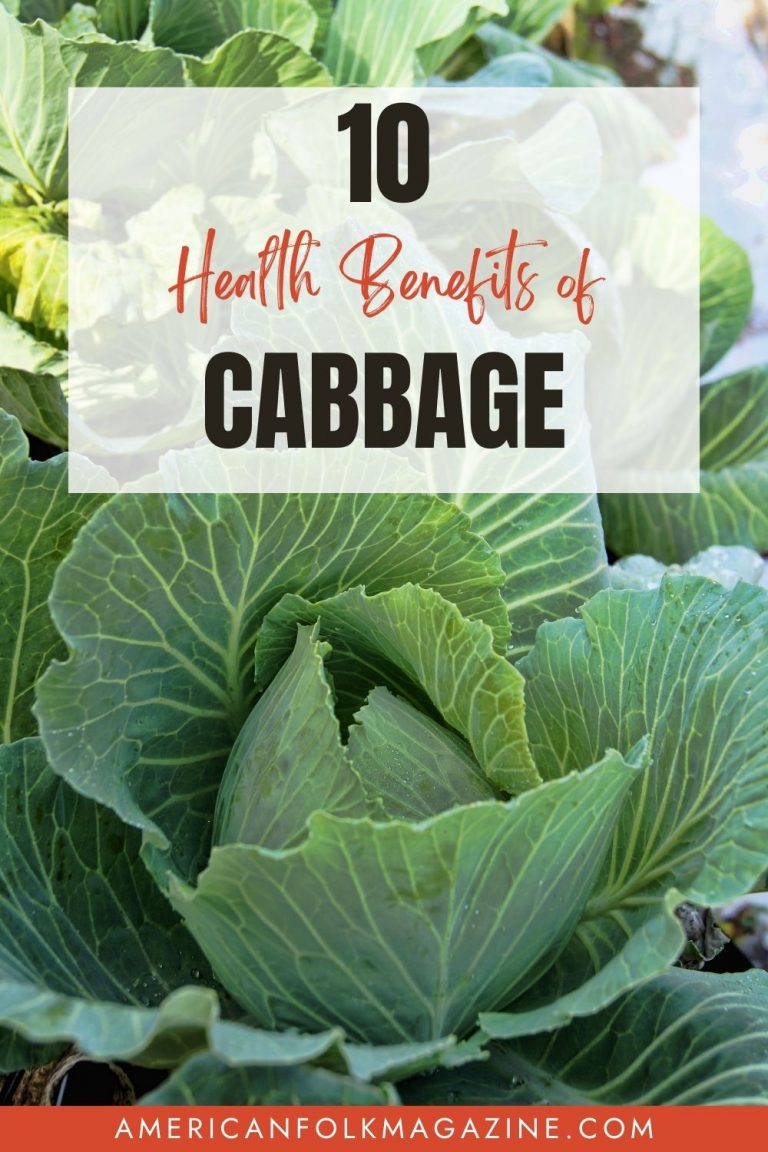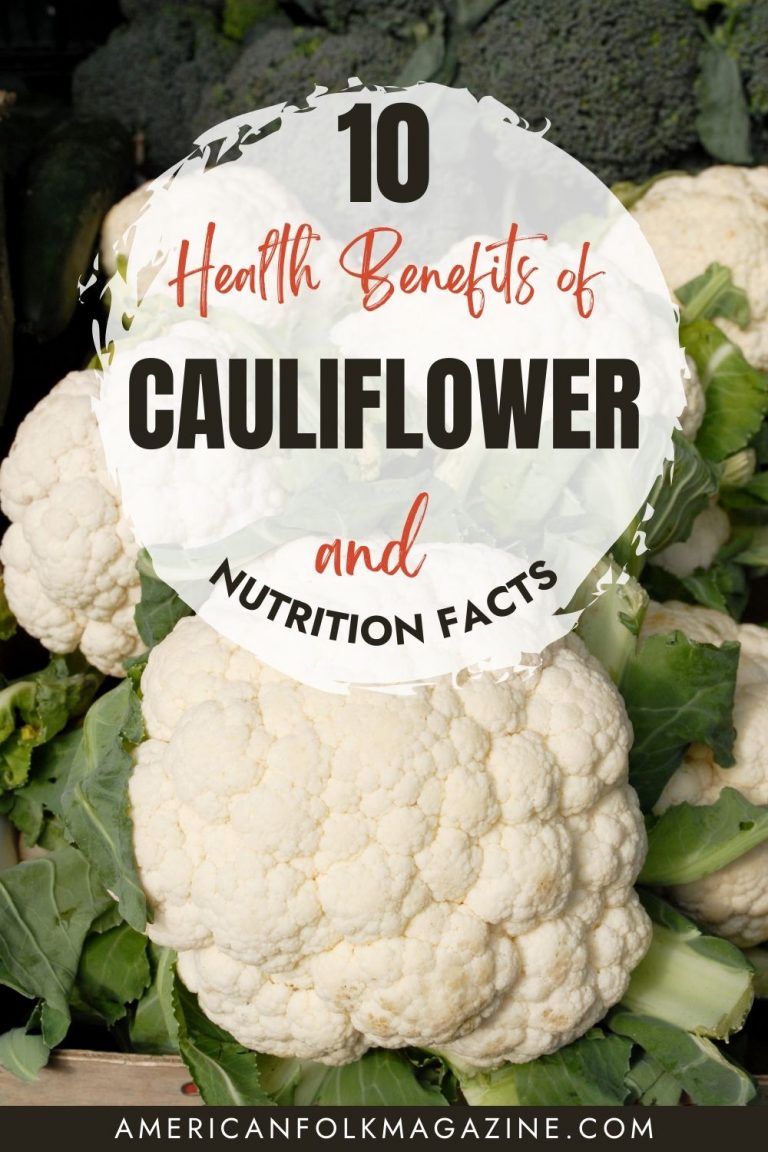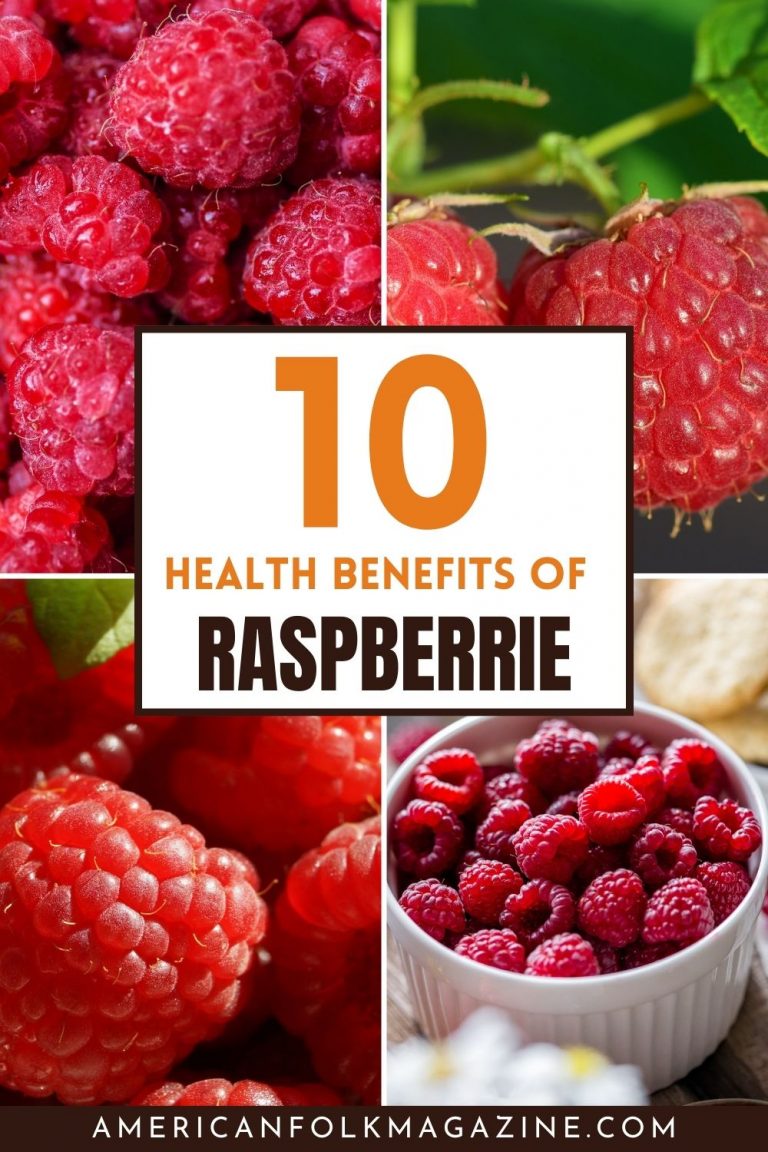Kiwi is a small fruit that is packed with vitamins, minerals, and powerful plant compounds that offer numerous health benefits. It is a nutrient-dense food that is low in calories and high in antioxidants, fiber, and vitamin C. Kiwis are sweet, juicy, and easy to eat, making them a popular fruit among health-conscious individuals.
In this article, we will explore the nutrition facts and health benefits of kiwi in detail. We will cover ten health benefits of kiwi that are backed by scientific research.
Nutritional Profile of Kiwi
Kiwi is a small, oval-shaped fruit with brown, fuzzy skin and vibrant green flesh inside. It is packed with essential nutrients and vitamins, making it a healthy addition to any diet. In this section, we will explore the nutritional profile of kiwi, including its calorie count, macronutrient content, and vitamin and mineral composition.
The following table provides an overview of the nutritional content of one medium-sized kiwi fruit, weighing approximately 69 grams:
| Nutrient | Amount |
|---|---|
| Calories | 42 |
| Fat | 0.4 g |
| Sodium | 3.8 mg |
| Carbohydrates | 10.1 g |
| Fiber | 2.1 g |
| Sugars | 6.7 g |
| Protein | 0.8 g |
| Vitamin C | 64 mg |
| Vitamin E | 0.1 mg |
| Vitamin K | 28.6 mcg |
| Folate | 17.6 mcg |
| Potassium | 215 mg |
| Calcium | 23.5 mg |
| Iron | 0.2 mg |
| Magnesium | 11.1 mg |
Kiwi is low in calories, with one medium-sized fruit containing only 42 calories. It is also low in fat, with less than half a gram of fat per serving. Kiwi is an excellent source of fiber, providing over 2 grams of fiber per fruit. The fruit is also high in vitamin C, with one medium-sized kiwi providing over 70% of the recommended daily intake of this important nutrient.
In addition to vitamin C, kiwi is also a good source of other essential vitamins and minerals, including vitamin E, vitamin K, folate, potassium, calcium, iron, and magnesium. These nutrients play important roles in maintaining overall health and wellness.
Overall, kiwi is a nutrient-dense fruit that can help support a healthy and balanced diet. Its low calorie count, high fiber content, and abundance of essential vitamins and minerals make it a great choice for anyone looking to improve their overall health and wellbeing.
10 Health Benefits of Kiwi
Kiwi is a small fruit that is packed with essential nutrients and antioxidants that offer numerous health benefits. Here are ten health benefits of kiwi that you should know:
1. Boosts Immunity
Kiwi is an excellent source of vitamin C, which is a powerful antioxidant that helps boost the immune system. A single kiwi contains more than the recommended daily intake of vitamin C, making it an excellent fruit to consume to ward off illnesses.
2. Aids Digestion
Kiwi is rich in fiber, which helps promote good digestion and prevents constipation. The fiber in kiwi also helps maintain the health of the gut microbiome, which is essential for overall digestive health.
3. Improves Heart Health
Kiwi is a heart-healthy fruit that is rich in potassium, which helps regulate blood pressure and prevent heart disease. The fiber in kiwi also helps lower cholesterol levels, which is another risk factor for heart disease.
4. Promotes Eye Health
Kiwi is a good source of lutein and zeaxanthin, two antioxidants that are essential for eye health. These antioxidants help protect the eyes from damage caused by free radicals and UV radiation.
5. Enhances Skin Quality
Kiwi is rich in vitamin C, which is essential for the production of collagen, a protein that helps keep the skin firm and elastic. The antioxidants in kiwi also help protect the skin from damage caused by free radicals, which can cause premature aging.
6. Supports Weight Loss
Kiwi is a low-calorie fruit that is high in fiber, making it an excellent food to consume if you are trying to lose weight. The fiber in kiwi helps keep you feeling full for longer, reducing the likelihood of overeating.
7. Helps Manage Blood Pressure
Kiwi is an excellent source of potassium, which helps regulate blood pressure. Regular consumption of kiwi can help lower blood pressure levels and reduce the risk of hypertension.
8. Improves Respiratory Health
Kiwi is rich in vitamin C, which helps improve respiratory health by reducing inflammation in the airways. Regular consumption of kiwi can help reduce the symptoms of asthma and other respiratory conditions.
9. Promotes Better Sleep
Kiwi contains serotonin, a hormone that helps regulate sleep. Consuming kiwi before bedtime can help promote better sleep quality and reduce the symptoms of insomnia.
10. Helps in Pregnancy
Kiwi is an excellent source of folate, a B-vitamin that is essential for fetal development. Consuming kiwi during pregnancy can help reduce the risk of birth defects and promote healthy fetal growth.
How to Include Kiwi in Your Diet
Adding kiwi to your diet is easy and can provide a variety of health benefits. Here are some simple ways to incorporate this fruit into your daily meals:
1. Eat it Raw
One of the easiest ways to enjoy kiwi is by eating it raw. Simply cut off both ends of the fruit, use a spoon to separate the flesh from the skin, and slice it into bite-sized pieces. You can eat it as a snack on its own or mix it into a fruit salad.
2. Blend it into a Smoothie
Kiwi can add a tangy flavor to any smoothie. Blend it with other fruits like bananas, strawberries, and blueberries for a delicious and nutritious drink. You can also add some spinach or kale for an extra boost of vitamins and minerals.
3. Use it in a Salad
Kiwi can add a sweet and sour flavor to any salad. Mix it with other fruits like oranges, apples, and grapes for a refreshing salad. You can also add some nuts and seeds for a crunchy texture.
4. Make a Salsa
Kiwi salsa is a delicious and healthy alternative to traditional tomato salsa. Mix chopped kiwi with diced red onion, bell pepper, and jalapeno. Add some lime juice and cilantro for a burst of flavor. Serve it with tortilla chips or use it as a topping for grilled fish or chicken.
5. Bake it into a Dessert
Kiwi can be a great addition to any dessert. You can use it to make a fruit tart or pie. You can also add it to a fruit crumble or cobbler. Kiwi pairs well with other fruits like strawberries, peaches, and raspberries.
Overall, adding kiwi to your diet can provide a variety of health benefits. It is a great source of vitamin C, fiber, and antioxidants. Plus, it is low in calories and sugar, making it a perfect snack for those watching their weight.
Possible Risks and Precautions
While kiwi fruit is generally considered safe and nutritious, there are a few potential risks and precautions to keep in mind.
Allergies
Kiwi fruit can cause allergic reactions in some people. Symptoms of kiwi allergy can range from mild to severe and may include itching, swelling of the lips, mouth, tongue, throat, or other parts of the body, hives, and difficulty breathing. In rare cases, kiwi allergy can cause anaphylaxis, a severe and potentially life-threatening allergic reaction.
People who are allergic to other fruits, such as bananas, avocados, or chestnuts, may be more likely to develop an allergy to kiwi fruit. If you experience any symptoms of kiwi allergy, seek medical attention immediately.
Interactions with Medications
Kiwi fruit may interact with certain medications. For example, kiwi fruit may increase the effects of blood-thinning medications, such as warfarin, and may interfere with the absorption of certain antibiotics, such as tetracycline.
If you are taking any medications, talk to your healthcare provider before adding kiwi fruit to your diet.
Oxalate Content
Kiwi fruit contains oxalates, which are naturally occurring compounds found in many plant foods. In some people, high oxalate intake can contribute to the formation of kidney stones.
If you have a history of kidney stones or are at risk for developing them, talk to your healthcare provider before consuming large amounts of kiwi fruit.
Pesticide Residues
Like many fruits and vegetables, kiwi fruit may contain pesticide residues. To reduce your exposure to pesticides, choose organic kiwi fruit when possible, and wash kiwi fruit thoroughly before eating.
References:
- https://www.webmd.com/diet/health-benefits-kiwi
- https://www.verywellfit.com/kiwifruit-nutrition-facts-calories-and-health-benefits-4113823
- https://www.medicalnewstoday.com/articles/271232
- https://www.healthline.com/nutrition/kiwi-benefits
Pin It In Your Board




